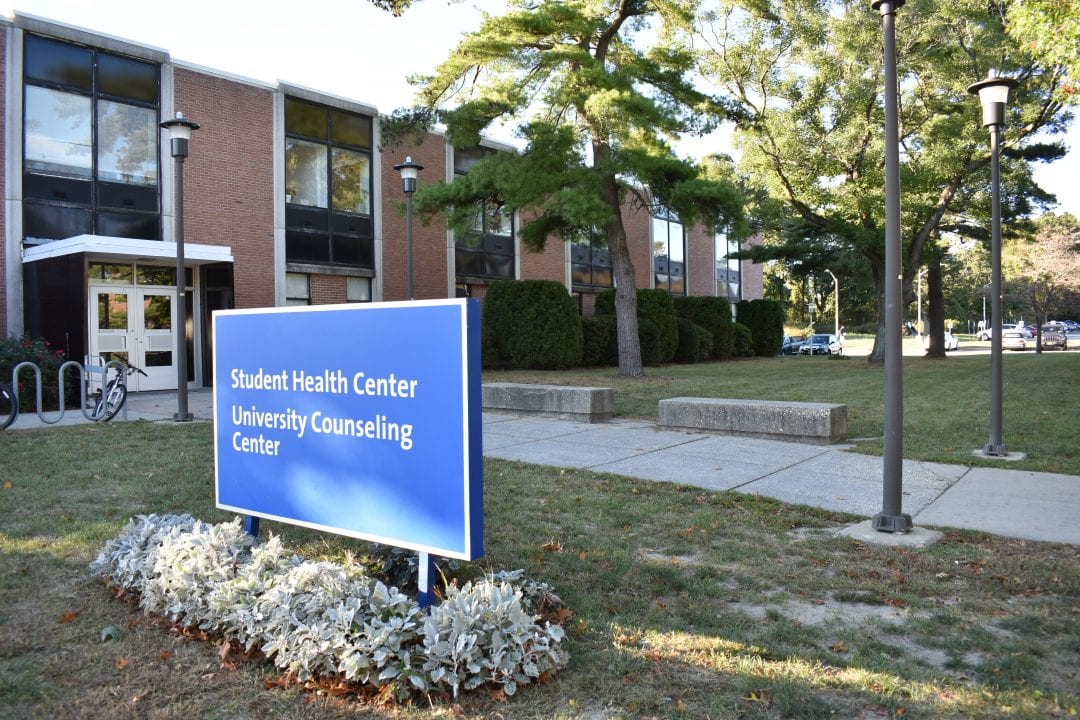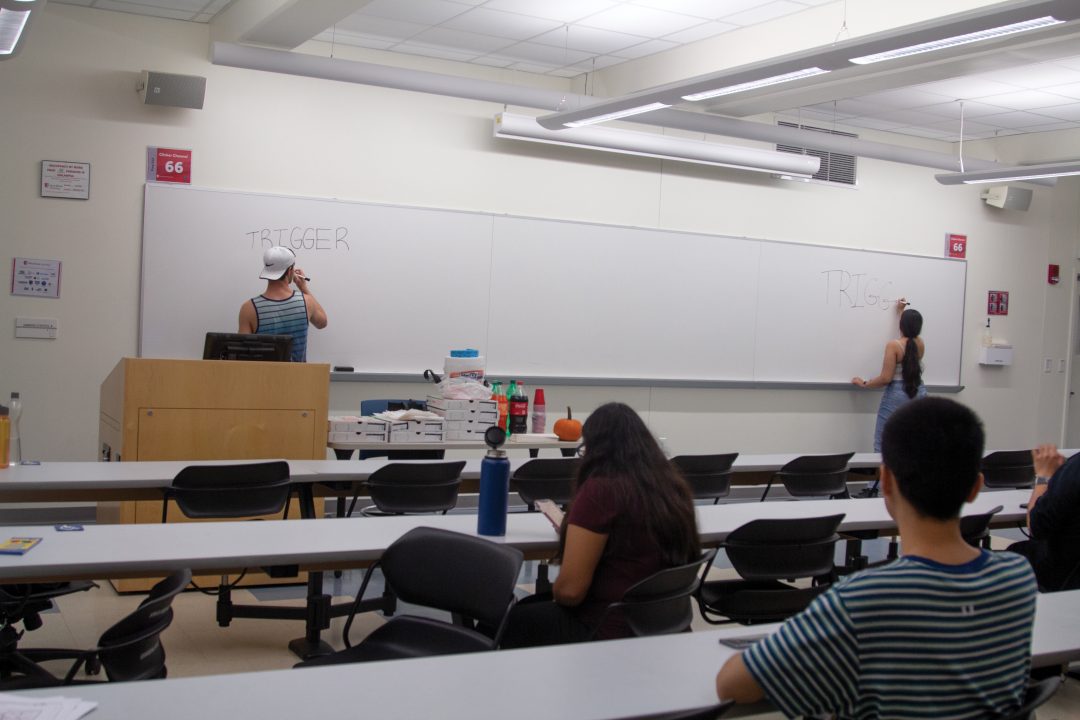
IMAGES MONEY/FLICKR VIA CC BY 2.0
Sam Lauria is a sophomore journalism major, who is also the assistant opinions editor at The Statesman.
For decades society has portrayed addiction as a disease defined by weakness. Addicts are defined as amoral individuals who will do anything to get their next fix. They are often ignored by those around them as they are considered to be selfish and uncaring toward loved ones.
Though it is often overlooked, addiction is a mental illness that requires a great deal of effort and attention to overcome. Instead of receiving this attention, however, addicts are regarded by society as the lowest of the low, grouping and giving them the same treatment as criminals. Stigmatizing addiction is dangerous – it needs to be addressed that people with addictions suffer from severe substance abuse disorder.
When addicts are confronted with their problems, they are dismissed by others. Addicts are often told to “just quit” or to “try harder” if they slip up along the way. It is not that simple. Addiction affects people’s brains by tricking them into thinking that the substance they are abusing will allow them to be happy. A person will unknowingly lie to themselves in order to justify their habits without ever realizing the severity of their dilemma.
Addicts are not bad people; they just need help. Addiction typically stems from experiencing trauma and loneliness. In most cases, addicts turn to drugs because they need a way to cope with their trauma. They have gone through long periods of emotional hardship within their lives while being unable to properly manage it, or have people to talk to. Addicts often feel like they are trapped in their own minds without anyone ever realizing they are in distress.
Once they get a hold of a particular substance, the side effects of their trauma seem to disappear. Addicts finally feel like they are in control of their own lives. Eventually they realize that their substance of choice only provides temporary relief. They take larger doses to relive the same euphoric effect that originally freed them from their pain.
Addiction slowly creeps into their lives. Instead of alleviating a person of their trauma, addiction just becomes another facet of it. The worst part is that most addicts are aware of their struggles, but are completely unable to stop — something that people fail to recognize.
In response to addiction, people such as law enforcement, medical professionals and loved ones often suggest help from rehabilitation facilities. Although it seems like a good alternative, the rehabilitation system is incredibly flawed. Systems such as the Twelve Step Program, which has been in place since the 1930s, rely on religion in order to help patients treat their addictions.
While the Twelve Step Program has been known to fail, it is still the preferred method that most rehabilitation centers and hospitals use to treat addiction. Other methods such as therapy, which helps addicts learn to do things in moderation, have a higher success rate. These methods are grounded on science and logic, but are still neglected by many mainstream practices.
Instead of looking at addictions as a mental disorder, rehab treats it as a lifestyle that can be easily avoided if the process is followed. Rehab has a 30 percent success rate while about 70-80 percent of its participants drop out before they complete their time. The lack of improvements to this system further showcases how much addicts are ignored by society.
Addiction takes a large toll on a person and sticks with them for the rest of their life. Instead of ignoring them or labeling them as a nuisance, we should pay more attention to addicts’ problems. Their struggles are real and, most of the time they cannot overcome them on their own.
If you know someone who may be struggling with substance abuse, do not neglect them or label them as a lost cause. Instead, show them that you care about their health. Offer to stay by their side; let them know that you will always be there to help them.
Yes, there may be bumps in the road but the worst thing that someone could do to an addict is abandon them. Most of the time, addicts turn to drugs because they feel alone. Showing them that someone actually cares about them could very well be the guiding force that will push them towards sobriety.





















